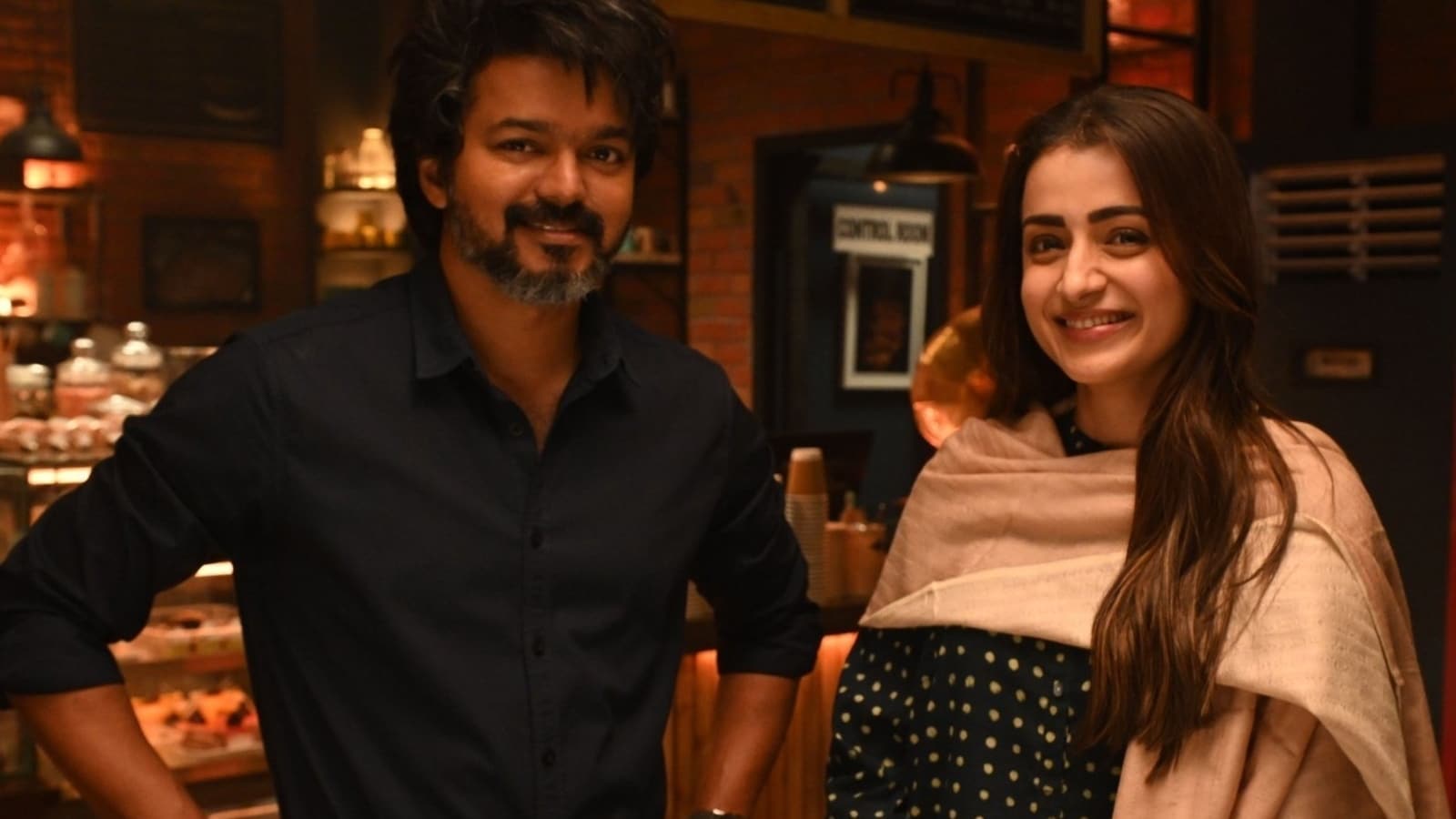Rajshri Deshpande has earned critical acclaim for her work in projects like Trial By Fire, Black Warrant and the most recent, Rangeen. The actor’s name is often associated with good quality of work and she expresses gratitude for the support she receives from her audience and says, “I am really grateful to all those people who have supported me since my first project till today.”

Ask her if she feels the responsibility of the expectations that come with the appreciation and Rajshri Deshpande says, “I feel it’s not just a responsibility because I have to have fun. I love doing this–creating characters, working on their backstories and understanding why they are doing what they are doing. For that, if the validation is coming, it’s amazing. And if someone is having certain things to say, I want to know and incorporate that in my work because the learning never ends.”
In Rangeen, Rajshri played the character of Naina who feels neglected at home and fulfils her physical desires outside marriage. Does she feel judgement from the viewers come her way when she picks up such characters? “Whatever a woman does, she will be judged. Be it leaving home to study somewhere else or do something, people will judge. For me, when I read Naina’s character, I didn’t feel like this is something completely unusual. Because I know these stories are they are not just today’s stories,” she responds.
Elaborating on her stance, the actor insists, “Ismat Chugtai wrote so many characters in her time who went through this. Even Shyam Benegal wrote such characters. There is a reflection about how you look at the women in your house. So, for me it was a normal story, which we usually ignore, brush under the carpet or keep it hidden.”
Rajshri asserts that playing such characters is important for her. “There is a grace with that character as she accepts that she has not made a mistake, she has just chosen herself. So, it was important for me to play it without any judgement, guilt or pre-conceived notion. I wanted to see the character in its complexities without any labels,” she says.
While she admits that finding physical comfort outside marriage might be considered wrong, she asks to also look at the reasons leading up to it. “There are a lot of factors in it–how society has seen you since your childhood, how your family and people around you have put you in that mould ki aisa hi hai. The thing is that you are not taught to stand up for yourself, you are taught to first listen to your parents, and then husband as women,” she says, adding, “The fault here is that humans have forgotten to stand up for themselves and what they want. They just keep living life like that and if you try to stand up, there are a lot of repercussions. It’s a little gray line over here.”












